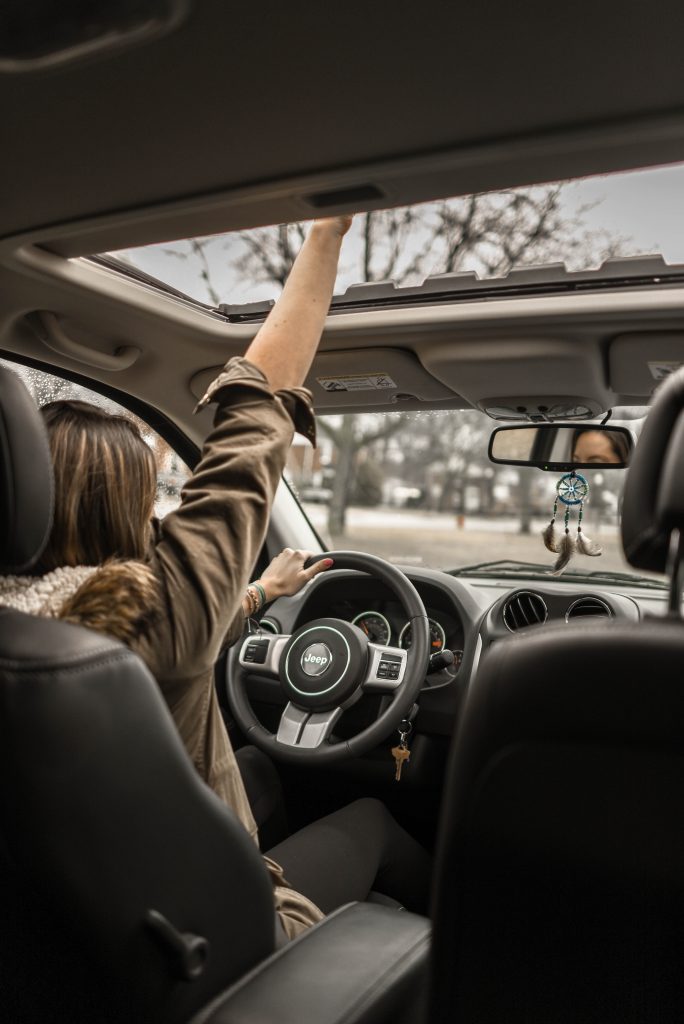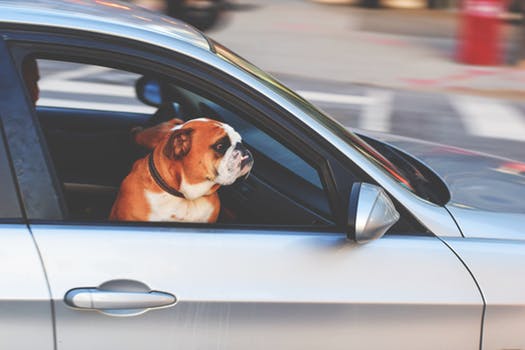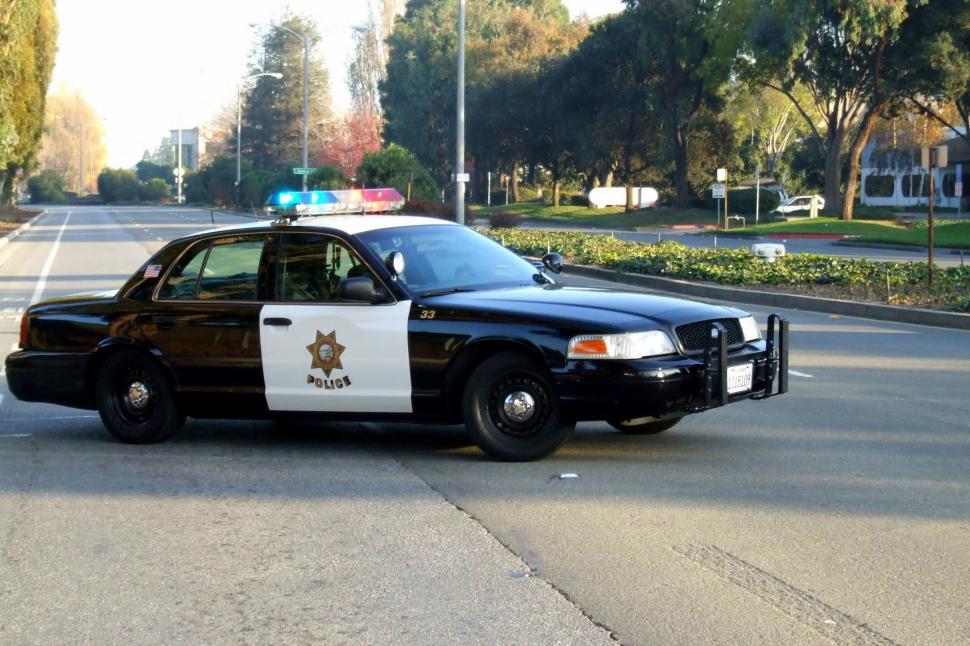Revoked out-of-state? Even a lifetime/permanent revocation? If you are a Colorado resident, you might be able to obtain a Colorado driver’s license. Colorado has some of the most generous laws in the country in terms of issuing driver’s licenses. You may be eligible for a Colorado driver’s license even though you have been denied elsewhere. Perhaps you lived in New York and have 5 or more convictions on your driving record for alcohol/drug driving offenses. Or perhaps you caught a 10 year revocation in Florida on a 3rd DUI. Whatever the case may be, if you are a legal Colorado resident, you may be eligible to obtain a driver’s license regardless of the revocation imposed out-of-state.
Accordingly, even though a person is under restraint in another state, Colorado might issue that person a driver’s license under Colorado law. In other words, a Hearing Officer may apply Colorado law to the person’s out-of-state driving record to determine when the person would be eligible for a license in Colorado had the driving violations occurred in Colorado. If the driver would currently be eligible in Colorado had the violations occurred here, the driver may be issued a license.
“Is this legal?” The simple answer is yes. “How can Colorado do this, doesn’t Colorado belong to the Driver License Compact?” Yes, Colorado belongs to the Driver License Compact a/k/a “Interstate Compact” which essentially indicates that Colorado will check “the national list” (National Driver Registry) to determine if a Colorado driver’s license applicant has any outstanding holds from other states. Colorado motor vehicle will typically advise an applicant to go clear the holds before they may be issued a Colorado driver’s license. However, Colorado is one of the only states that has an exception to the general rule that out of state holds must be cleared first. Colorado may issue an applicant a driver’s license after a hearing before the Hearings Division of the Colorado Department of Revenue. Not all applicants will qualify for this type of driver’s license depending upon the nature of the hold(s) and other criteria the Hearings Division will utilize.
Not all states belong to the Driver License Compact. Michigan, Tennessee, Massachusetts, Wisconsin, and Georgia are not members. Some US states will even take action based upon violations that a driver receives in Canada. These states are New York, Florida, Maine, and Michigan.
The National Driver Registry is what I refer to as the “black list”. It is a computerized database of drivers who have been convicted of major traffic violations, have been revoked, or have been suspended. This is the list that may prevent a driver from obtaining a driver’s license.
In Colorado, a driver’s license “revocation” refers to an action where a person’s license is cancelled for a set period of time based upon a conviction for any of the following enumerated offenses: manslaughter or negligent homicide when a motor vehicle was involved, DUI alcohol or DUI drugs, a Felony offense when a motor vehicle was used, leaving the scene of an accident involving death or injury, and other convictions.
If a person applies for a driver’s license in Colorado and thereafter is denied due to an out-of-state hold, the person may contact the state where the hold originated in an attempt to obtain a letter of clearance. If a letter of clearance is not attainable, an applicant may request a hearing in Colorado under the Interstate Driver License Compact Rule before the Hearings Division. Once the Hearings Division receives the request, DMV will obtain the applicant’s out-of-state driver record which will be utilized at the hearing.
In order to qualify for a license in Colorado an applicant with an out-of-state hold/revocation must be able to show that she has not driven for at least one year. Further, an applicant must be safe to drive in Colorado and it must be determined that the applicant would not endanger others (or property). The applicant must be a Colorado resident (established by employment, phone bill/utility bill, voter registration, or other documentation that proves that the applicant resides in Colorado).
A reinstatement eligibility date will be determined at the hearing and an applicant should receive credit for any amount of time already served without driving privileges in the home state which issued the revocation.
FREQUENTLY ASKED QUESTIONS (FAQ)
“Do you offer free consultations for people who wish to apply for a Colorado driver’s license?”
If you are already a Colorado resident, contact Attorney Monte Robbins to discuss the possibility of retaining Mr. Robbins to represent you in the driver’s license application process despite your out-of-state holds for DUI offenses (current Colorado residents only please).
“I live in Colorado and have unpaid tickets in another state. Can you help me get a license so I don’t have to pay those out of state tickets?”
No, we don’t offer this service. Our service is limited to helping Colorado residents who have out of state DUI holds only. It’s probably best (and cheaper) just to go ahead and pay those out of state tickets rather than trying to hire a lawyer to avoid paying them.
“I live in another state and am thinking about moving to Colorado if you can get me a driver’s license. Will you give me free advice as to how to get a Colorado driver’s license?”
No, unfortunately we don’t offer this service. Applying for a Colorado driver’s license is available to current Colorado residents only. Due to an overwhelming amount of inquiries in this area, we don’t offer free consultations or free advise to out-of-state residents who are thinking about moving to Colorado and applying for a Colorado driver’s license. Thank you for your understanding. If you choose to move to Colorado and become a Colorado resident, you’re welcome to contact Attorney Robbins to inquire about retaining his services to obtain your driver’s license as a Colorado resident.
“Is there a guarantee that I will get a Colorado driver’s license?”
No. There are no guarantees in life and obtaining a Colorado driver’s license is no exception.
“I live in another state and am thinking about moving to Colorado so I can get a driver’s license. What are my odds?”
Obtaining a Colorado driver’s license is limited to Colorado residents only. We don’t have the staff to offer advice or “odds” to out-of state residents who are thinking about moving to Colorado. Thank you for your understanding.
“Can you pull up my driver history record and tell me if I can get a license?”
No, due to driver privacy protection laws, we don’t have access to your driver history record unless we are representing you. In order to obtain your driving record we must first be retained as your lawyer and submit proper release documentation to DMV before accessing your record.
“It’s the weekend and DMV is closed. Can you look-up my record and tell me what’s going on with my license?”
No, we don’t have access to your record and don’t provide this service. Please contact Driver Services during normal business hours at 303-205-5613 to get answers to your questions.
 Denver DUI Attorney Blog
Denver DUI Attorney Blog











